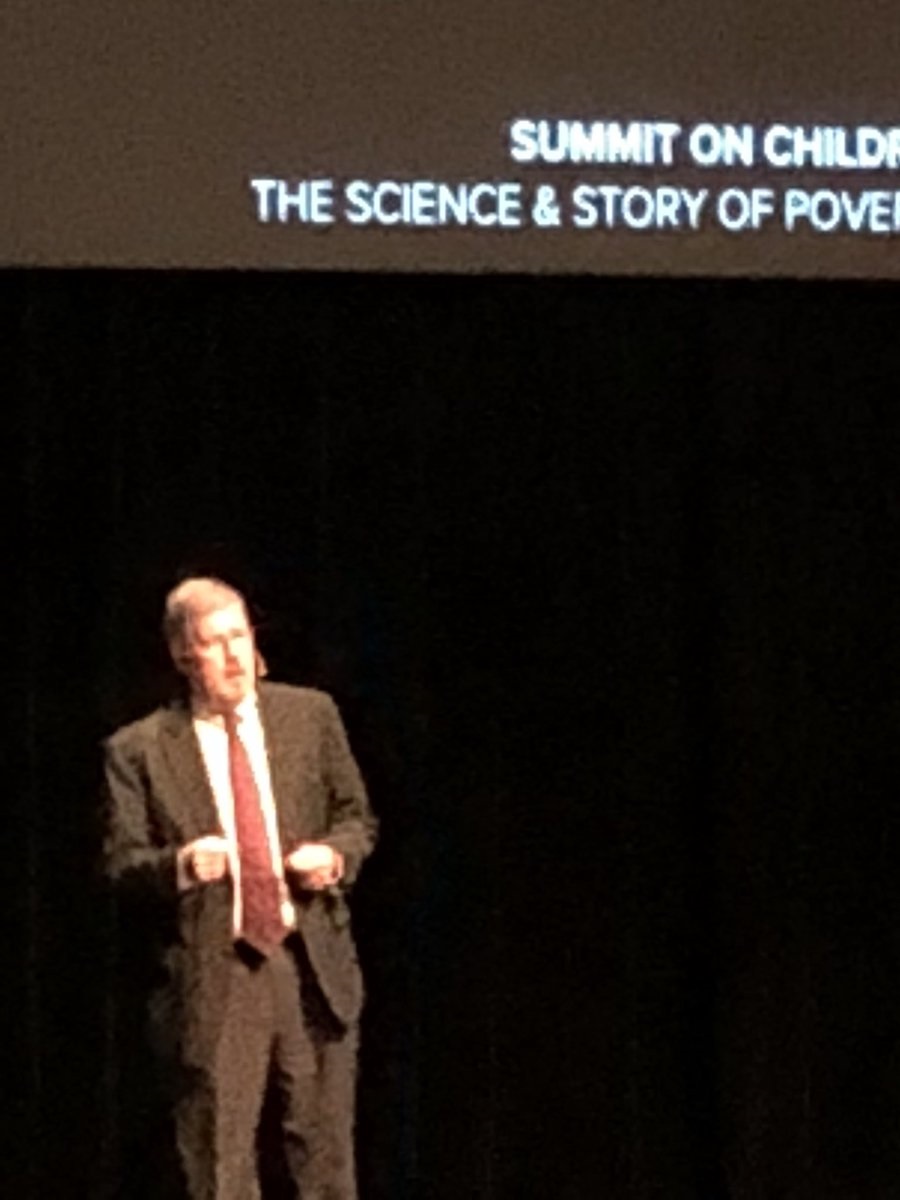Tennessee Supreme Court Chief Justice Jeff Bivins recently spoke at a conference devoted to exploring the issue of childhood poverty. The Summit on Children: The Science and Story of Poverty, was held at the Niswonger Performing Arts Center in Greeneville, Tennessee. The Summit, presented by Leadership Tennessee, the Governor’s Books from Birth Foundation, the Eastman Foundation, and the Niswonger Foundation examined the effects of poverty on children and discussed ways in which those effects could be mitigated.
Chief Justice Bivins spoke during the “Story of Poverty” segment of the Summit. He recalled an experience from his time as a lower court judge when a 36-year-old mother and her 19-year-old daughter appeared before him on drug charges. The 36-year-old mother was also a grandmother since her daughter had a 4-year-old child.
The 19-year-old daughter was put on probation only to reappear before the future justice a month later on other charges.
To Chief Justice Bivins, this episode illustrated one of the most disturbing aspects of poverty— its tendency to spread its ill effects from one generation to the next.
“We have to break this generational cycle,” he said at the conference, according to The Greenville Sun.
Chief Justice Bivins is currently a member of Leadership Tennessee’s Signature Program Class V, which is composed of 41 leaders who were selected from over 300 nominations. This group of leaders from across the state represents a variety of professionals from different sectors, including those from the educational, governmental, business, and nonprofit fields.
The keynote speakers at the event were Jeannette Walls, author of the bestselling memoir “The Glass Castle,” and Dr. Tammy Pawloski, director of the Center of Excellence to Prepare Teachers of Children of Poverty, at Francis Marion University.
According to The Greenville Sun, Walls spoke of the power of education in lifting children out of poverty, while Pawloski shared information about the relationship between poverty and neuroscience.
“Poverty does matter,” Pawloski said. “It can have a significant impact on brain development.”
According to the latest American Community Survey data from the United States Census bureau, Tennessee’s rates of childhood poverty exceed those of the nation as a whole. For instance, 22.8 percent of families in Tennessee with children under 5 years old have an annual income below the federal poverty level. Nationally, 17.2 percent of families with kids under 5 years old earn below the federal poverty level.

